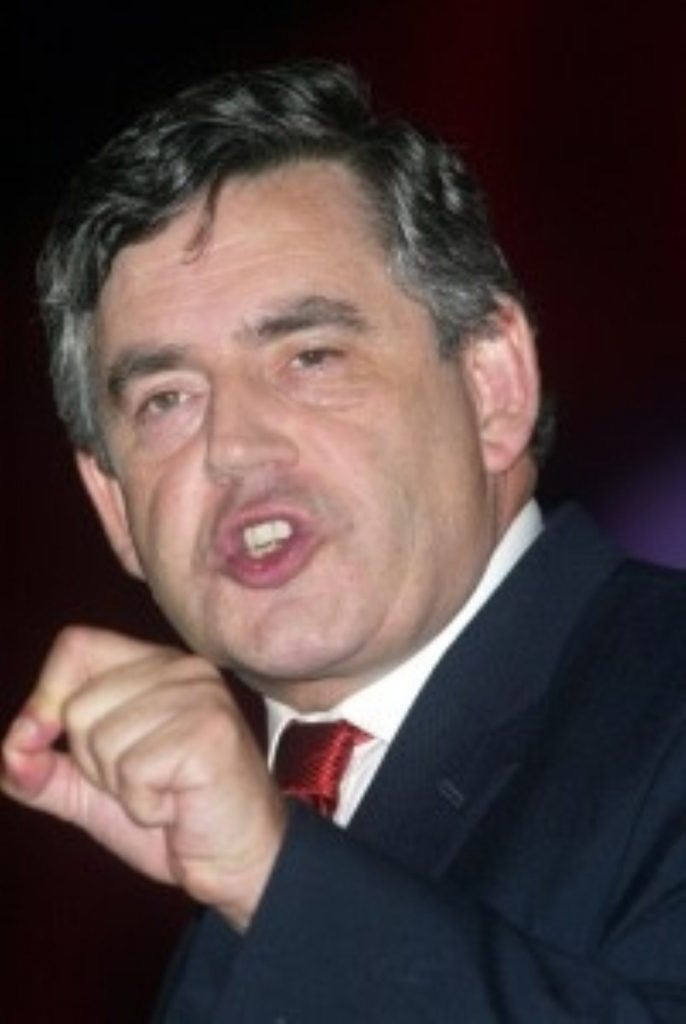Brown stakes his leadership claim
Gordon Brown expressed what a “privilege” it had been to work with Tony Blair over the past decade as he today staked his claim for the Labour leadership.
But the chancellor’s speech to the Labour conference in Manchester was immediately overshadowed by reports that Cherie Blair had walked out early, dismissing his comments by saying “well, that’s a lie”.
Downing Street insisted there was no truth in the reports from the Bloomberg news agency, and Mrs Blair subsequently denied the claim, saying: “Honestly, guys, I hate to spoil your story, but I didn’t say it and I don’t believe it either.”
But the reports threatened to undermine Mr Brown’s attempts to portray himself as the supportive minister who deserves to take over as Labour leader.


Yesterday Mr Blair refused to endorse the chancellor as his successor, saying only that he did not back away from what he has previously said.
He did praise Mr Brown, however, saying he had been a “fantastic” chancellor.
Today’s speech was a crucial one for Mr Brown, coming after weeks of infighting in the Labour ranks – which he was accused of orchestrating – and after he was dismissed as a “control freak” and “uncollegiate” by former colleague Charles Clarke.
He opened with strong praise for the prime minister, saying Mr Blair had “taught our party – you saw it right, you saw it clearly and you saw it through – that we can’t just be for one section of society, we’ve got to be for all of society”.
Mr Brown praised the “immense national and international contribution, as leader and prime minister, of Tony Blair”. He also took pains to name 13 of his cabinet colleagues, including potential leadership rivals John Reid and Alan Johnson.
In a warning to the unions, he made clear he would not abandon New Labour if he became leader but reform it to cope with the challenges of the 21st century, including globalisation and climate change.
“New Labour renewed not just holding the centre ground, but modernised it in a progressive way too. New Labour is strengthening and entrenching our position in the mainstream as the party of reform,” he told delegates.
The chancellor also reached out to Labour critics of the government’s programme of public sector reform, saying it was not “reform for reform’s sake but to deliver the best service possible – and Britain cannot lead the world by standing still”.
Countering accusations that he is too cold – a recent poll put him far behind David Cameron on the personality stakes – the chancellor looked back to his Scottish childhood and praised his parents for giving him a sense of responsibility and duty.
“That’s why I joined the Labour party – out of faith. Faith in people, that they should have the opportunity to realise their potential,” he told delegates.
“And I believed then and I believe now that at all times the Labour party must stand for more than a programme – we must have a soul.”
He described himself as a “private person”, noting: “If being in public life becomes about an image above all else then I don’t believe politics would be serving the public.”
But he made clear his ambitions for the future, declaring: “I know where I come from, what I believe and what I can contribute. I am confident my experience and my values give me the strength to take the tough decisions.
“I would relish the opportunity to take on David Cameron and the Conservative party.”









